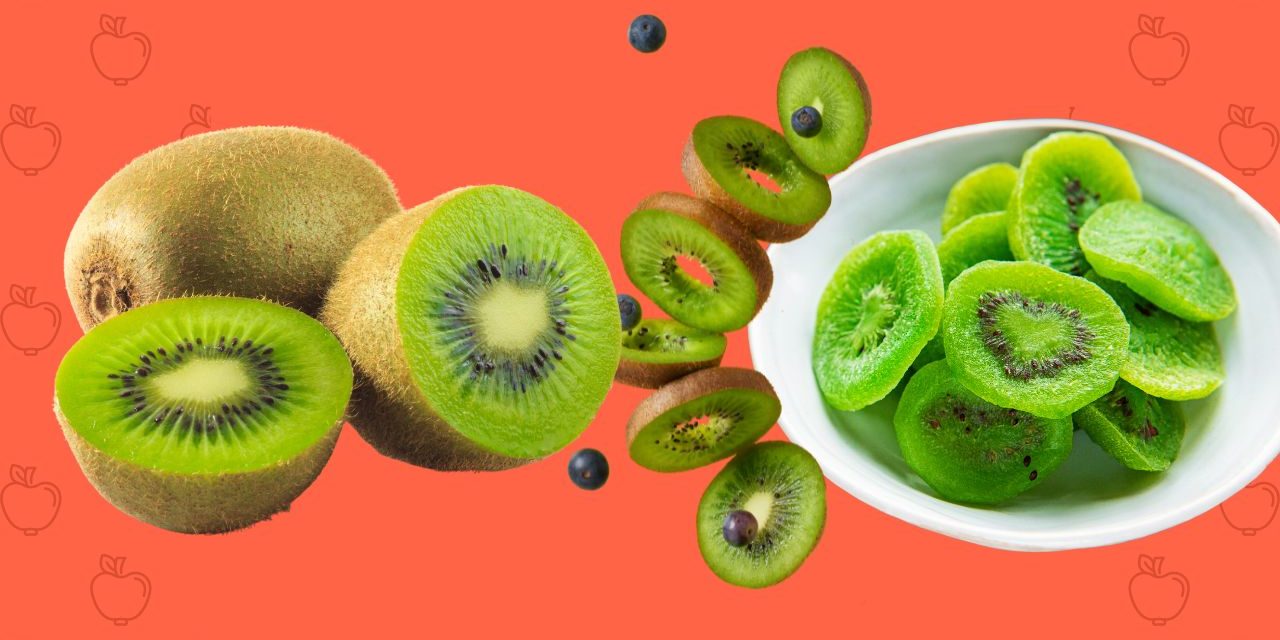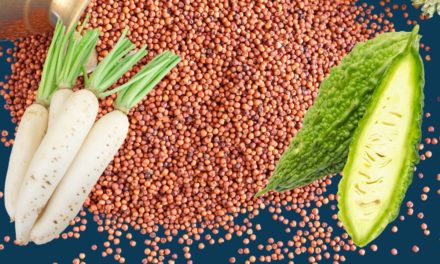Introduction
Kiwi, also known as “kiwifruit” or “sugar gooseberry”, is a small green fruit with a unique shape and sweet taste. Although it may seem unusual at first glance, this little fruit packs a powerful nutritional punch. Bursting with vitamins, minerals and antioxidants, kiwis offer an impressive array of health benefits that contribute to overall well-being. In this article, we will explore the surprising benefits of eating kiwi and why you should consider making it a regular part of your diet.
It is full of vitamin C.
One of the most notable properties of kiwi is its extraordinary amount of vitamin C. Just one medium-sized kiwi provides more than the daily recommended amount of vitamin C for an adult. This powerful antioxidant strengthens the immune system, aids in collagen production for healthy skin, and aids in the absorption of iron from plant-based sources.
Rich in fiber
Kiwi is an excellent source of dietary fiber, which promotes healthy digestion and helps prevent constipation. The fiber content also helps regulate blood sugar levels, making it beneficial for people with diabetes or those trying to control their weight.
Supports heart health.
Studies show that regular consumption of kiwifruit helps in heart health. The high potassium content in kiwi helps lower blood pressure, reducing the risk of stroke and heart disease. Additionally, the fiber and antioxidant content can help lower cholesterol levels.
Rich in antioxidants
Kiwi is a powerhouse of antioxidants, such as vitamin C, vitamin E, and polyphenols. These antioxidants neutralize free radicals in the body, protecting cells from oxidative damage, which can lead to various chronic diseases and premature aging.
Improves digestive health.
With its high fiber content and the presence of an enzyme called actinidin, kiwi helps break down proteins and supports proper digestion. Regular consumption of kiwi can help relieve bloating and discomfort.
Supports vision and eye health.
Kiwi contains lutein and zeaxanthin, two essential compounds that promote eye health and may reduce the risk of age-related macular degeneration. These antioxidants help protect the eyes from harmful ultraviolet rays and oxidative stress.
Improves sleep quality.
Kiwi has been linked to better sleep quality. It contains serotonin, a neurotransmitter that plays an important role in regulating sleep patterns and promoting better sleep. Consuming kiwi before bed can help people fall asleep faster and enjoy a more restful night’s sleep.
weight management
Despite its sweet taste, kiwi is relatively low in calories and fat, making it an ideal addition to a weight management plan. The high fiber content makes you feel full and satisfied, reducing the likelihood of overeating.
Result
From its impressive vitamin C content to its heart-healthy benefits and sleep-inducing properties, kiwi proves to be a nutritional powerhouse that shouldn’t be overlooked. Adding this vibrant fruit to your diet can provide many health benefits and contribute to your overall health. So, the next time you’re at the grocery store or farmer’s market, don’t forget to pick up some kiwis and enjoy their amazing benefits with every delicious bite. As with any dietary change, it is always wise to consult with a healthcare professional to ensure that kiwi consumption is appropriate for your individual health needs and current medical conditions.










